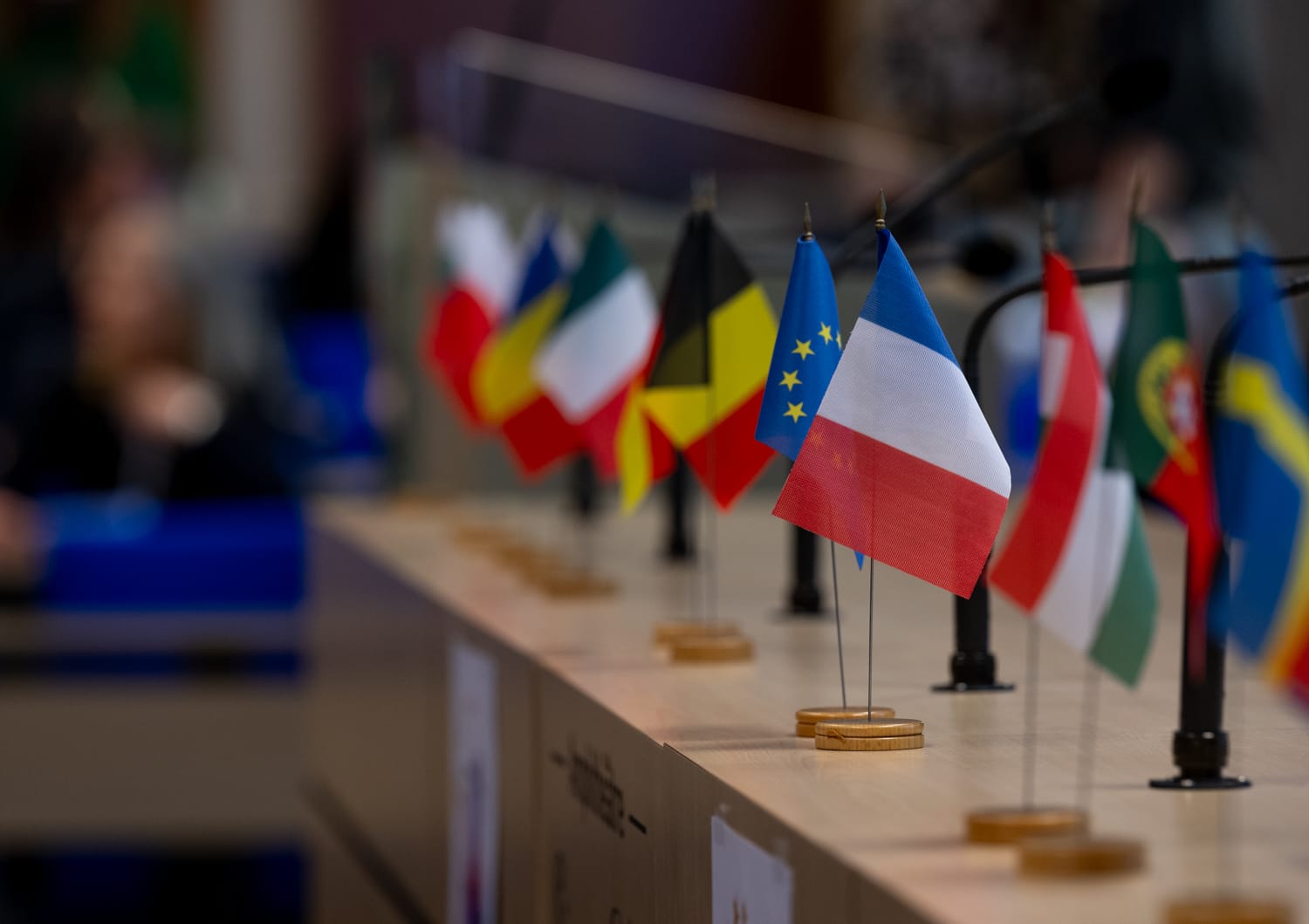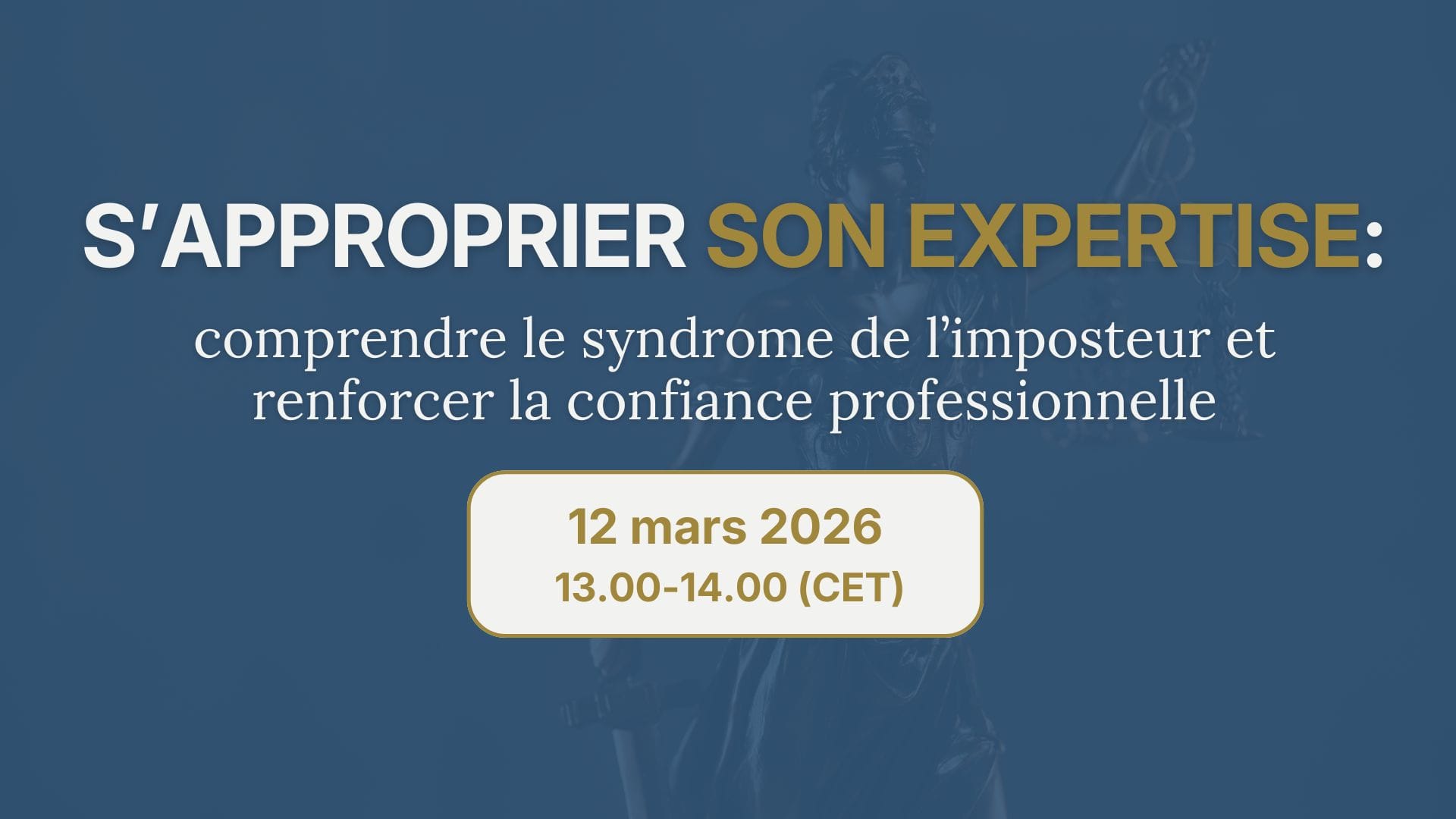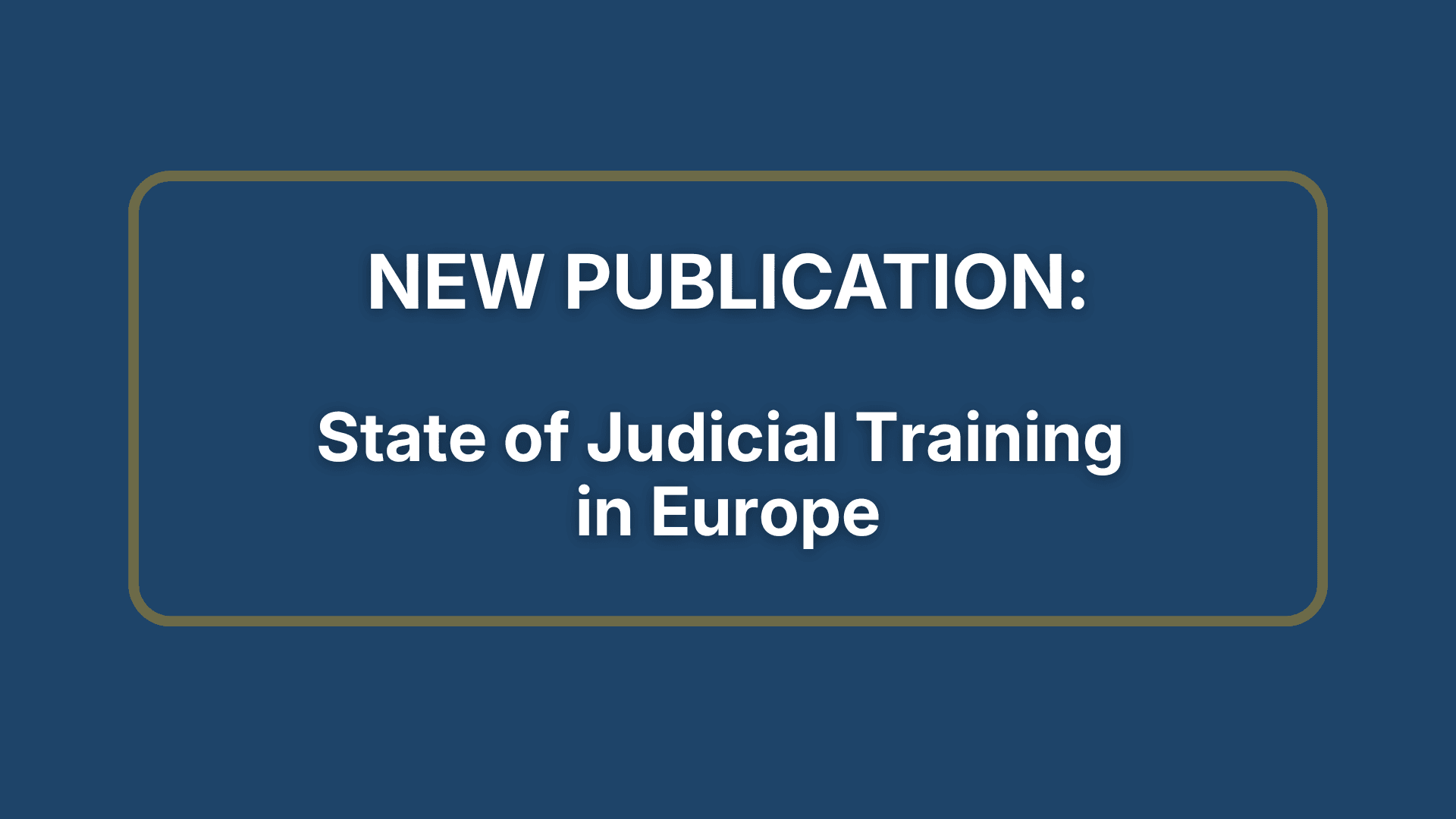Over the last years, EJTN has developed programmes where the participants can identify their interests and learning needs and receive financial support from EJTN to implement their projects. Participating judges, prosecutors, court staff and trainers can learn from their European colleagues with the highest possible level of freedom to design their exchange activity from A to Z.
With a project-based exchange, the applicant must identify a host partner and prepare an exchange project with their counterpart before applying. To learn more about how to apply, please visit the project-based exchanges page or watch our information video.
Regional exchanges: Enhancing cooperation with your peers on the other side of the border
EJTN’s regional exchanges are designed to develop direct cooperation and trust between practitioners located on two sides of a border. Participants can foster mutual trust and cooperation at the local level and establish long-term relationships. They can also identify and solve practical problems arising from cross-border cases, creating conditions for better and direct cross-border cooperation.
Some past regional exchanges funded by EJTN have helped courts improve their cooperation in the area of criminal law and civil and commercial matters, as well as share best practices in the area of administrative simplification.
The courts or prosecution offices of the visiting and hosting participants must be located at a maximum distance of 150 km from the domestic border i.e. a maximum distance of 300 km between the two courts or prosecution offices). EJTN reminds participants to include all relevant accompanying documents with their application: Forms to complete can be downloaded from the application form.
Judiciary learning grant programmes: Self-identify and create individualised learning opportunities
EJTN’s Judiciary learning grant programme empowers judiciaries through active, self-directed applied learning, aiming to gain new knowledge through problem identification and resolution. Participants can create a custom-made study trip that strengthens judicial work and contributes to positive change through transnational dialogue, networking, and collaborative problem-solving.
The judiciary learning grant programme empowers participating judges, prosecutors, court staff and trainers to proactively develop a more effective and efficient judicial practice using the insight gained to solve issues they may encounter daily.
In the past, EJTN has provided learning grants for projects in areas such as electronic tools in criminal proceedings, drug trafficking and cross-border organised crime, late payment in commercial transactions and the CJEU’s approach to international divorces.
In addition, member of the European Judicial Network in Civil and Commercial matters (EJN) may apply to this programme in the framework of a pilot project initiated in 2024. Applicants that are members of EJN are requested to apply through the Exchange Programme Platform.
Prospective participants are reminded to include all relevant accompanying documents with their application: Forms to complete can be downloaded from the application form. A scoring rubric allows the national training institutions and EJTN to assess the quality of the submitted project.
Application process and requirements
For both programmes, regional exchanges and judiciary learning grants, the applications can be submitted all year long until the whole budget of this programme is spent. The last application must be received by Friday, 14 November 2025, 18:00 (Brussels time).
Since regional exchanges and judiciary learning grants are project-based activities, all applications must include a hosting agreement and a project proposal form.
The EJTN Exchange Programme
Launched in 2005, at the initiative of the European Parliament, the Exchange Programme for Judicial Authorities allows judges, prosecutors, court staff and trainers from different EU Member States to improve their knowledge of other judicial systems through direct contact and exchange of views and experiences.
The Exchange Programme also aims at developing a common European judicial culture based on mutual trust and cooperation between judicial authorities in the European judicial area.




